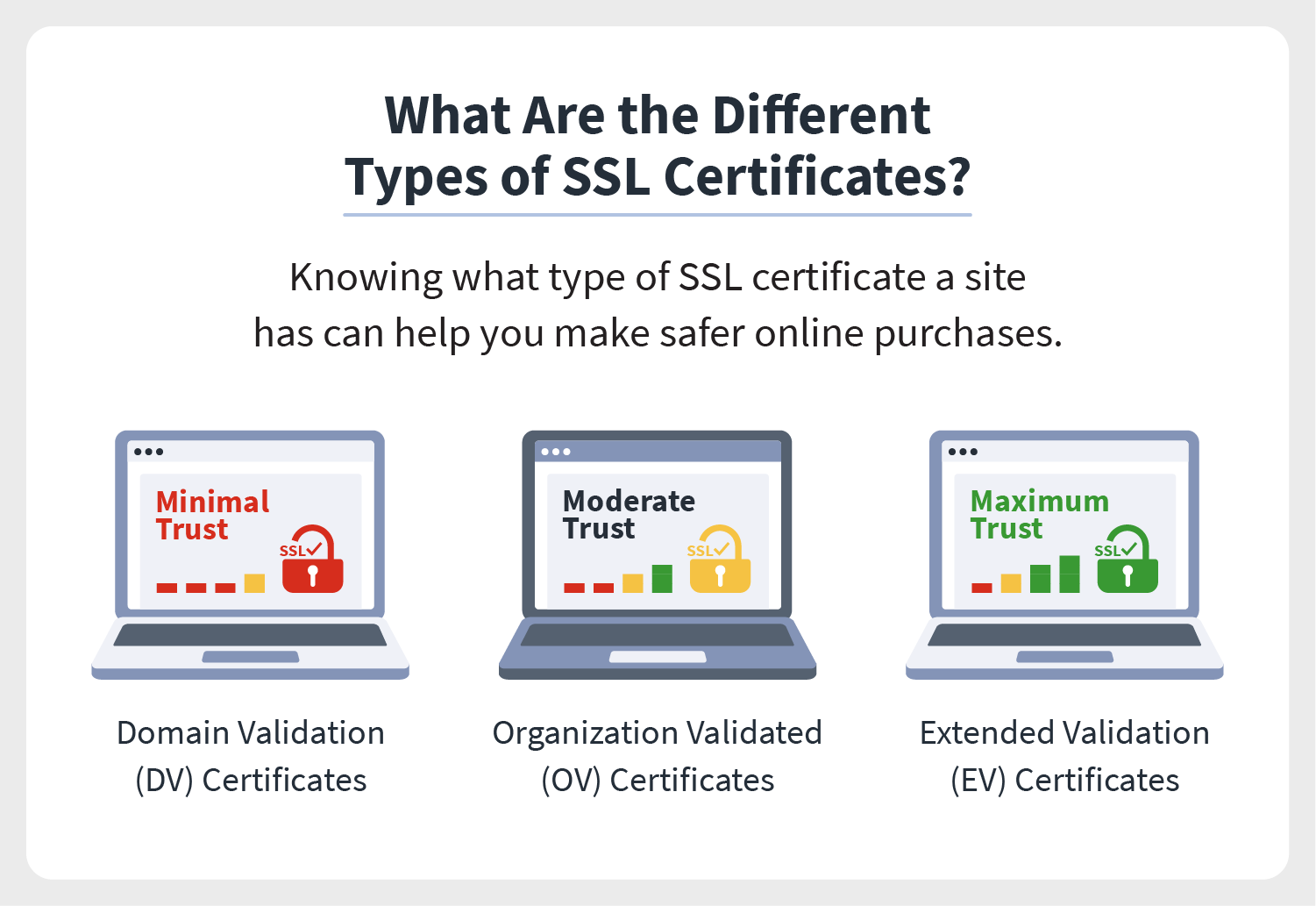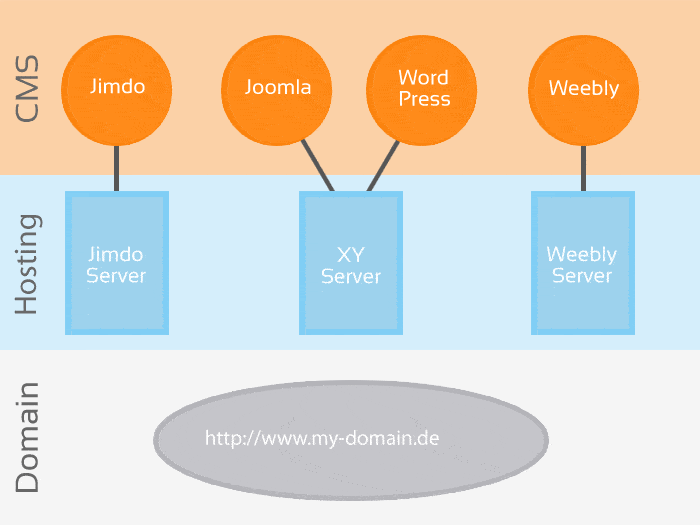
HTTP allows files and other information to be delivered over the internet by using web server software. It allows users to connect to the internet from any location in the world. It also has security features to protect data and to prevent attacks.
Open source and commercial software are both available as web server software. Each one has its own set of advantages and limitations. It's therefore important to select the best web server software for your needs.
What is a Web Server?
A webserver is an application which keeps content and files for a webpage, such as HTML files or PHP files, readily available for people to view on the Internet. The client sends an HTTP request, usually for a particular file. The server then responds by sending the file requested or any other information such as an error.
Apache, Nginx Tomcat Lighttpd is the most common server. Some servers may be free of charge, but others will require you to pay a licensing fee. Read the license details carefully before installing new servers on your network.

What Platform Should I Use for My Website?
Windows provides a few more options than Unix/Linux, which is the most common operating system. You'll want to ensure that your web server software is compatible with the server hardware you have and can be used by a wide range of users, regardless of what OS you choose.
What are the best web server platforms?
Most web server platforms are designed to run on a range of operating systems, so they're ideal for companies that want to host a website on multiple different platforms. Some platforms support multiple languages, while others let you configure the server to be an SSL (Secure Sockets Layers) server or proxy server.
What's the Difference between Dynamic & Static Web Servers?
A web server is either dynamic or static, depending on the type of data that it provides. A static web server sends files as-is to the browser, whereas a dynamic web server adds, removes or updates information in response to user requests.
What's The Best Web Server For Large Scale Enterprise Applications
Tomcat can be the perfect choice for enterprise applications that require a large amount of data. It is open-source and free, and it supports many scripting languages and frameworks. However, it's not very efficient for static web pages and does not have a reliable approach to secure Sockets Layer encryption.
Nginx can handle thousands concurrent connections and is therefore a good option for sites experiencing heavy traffic. It is used to improve the performance of other servers or as a load-balancer.

Cherokee is the lightweight BSD licensed alternative to Apache Nginx or other common web servers. It is easy to use and has an intuitive user interface.
It is a fast, efficient, and powerful web server that can be configured to serve dynamic pages. This web server is great for both business and home users.
FAQ
What HTML and CSS are available to help me build my website?
Yes! Yes!
You now know how to build a website structure. Now you need to learn HTML and CSS coding.
HTML stands for HyperText Markup Language. Think of it like writing a recipe for a dish. You would list ingredients, directions, etc. HTML is a way to tell a computer which parts are bold, underlined, italicized or linked to other parts of the document. It is the language used to describe documents.
CSS stands for Cascading Style Sheets. This is a stylesheet for recipes. Instead of listing all ingredients and instructions, you simply write down the basic rules for things such as font sizes, colors or spacing.
HTML tells the browser how a page should look; CSS tells it what to do.
Don't panic if either of these terms are confusing to you. Follow the tutorials below, and you'll soon be making beautiful websites.
What is a website static?
A static site is one that stores all content on a server. Visitors can access the website via web browsers.
The term "static" is used to refer to the absence of dynamic features like changing images, video, animations, etc.
This site was initially designed for corporate intranets, but it has been adopted by individuals or small businesses who desire simple websites that don't require complex programming.
Static sites have become increasingly popular because they require less maintenance. Static sites are easier to maintain and update than fully-featured websites with multiple components (such as blogs).
They also tend to load faster than their dynamic counterparts. This makes them great for those who have slow Internet connections or users with mobile devices.
In addition, static sites are more secure than their dynamic equivalents. There's nothing to hack into a static website. Hackers only have access the data in a database.
Two main methods can be used to create a static site:
-
Using a Content Management System.
-
Static HTML Website Creation
The best one for you will depend on your specific needs. A CMS is the best choice for anyone who is new to building websites.
Why? It gives you full control of your website. With a CMS, you don't need to hire someone to help you set up your site. You just need to upload files to your web server.
Still, you can learn to code and create static websites. It will take some time to learn to program.
Where Can I Find Freelance Web Developers?
Freelance web designers and developers are available in many locations. Here are some of our top choices:
Freelance Jobs
These sites offer job postings for freelance professionals. Some sites have very specific requirements while others do not care about what kind of work you do.
Elance is a great place to find graphic designers, programmers and translators.
oDesk is similar, but they concentrate on software development. You can apply for jobs in PHP, Perl Java, Java, C++ Python, JavaScript Ruby, iOS and.NET developers.
Another great option is oWOW. Their site focuses on graphic and web designers. You can also get video editing, programming and SEO services.
Forums online
Many forums let members advertise and post jobs. DeviantArt, for web developers, is one example. You can search for "web developer" using the search bar to see a list threads in which people are seeking help with their websites.
How do I choose a domain name?
It is important to pick a quality domain name. It is essential to have a unique domain name. People will not be able find you when they search your product.
Domain names should not be too long, difficult to remember, specific to your brand, or unique. You want it to be something people will type into their browser.
These are some suggestions for choosing a domain.
* Use keywords that are related to your niche.
* Do not use (-), symbols or hyphens.
* Don't use.net or.org domains.
* Use words that are already used.
* Avoid generic terms, such as "domain" or web site.
* Check to make sure it's there.
Statistics
- The average website user will read about 20% of the text on any given page, so it's crucial to entice them with an appropriate vibe. (websitebuilderexpert.com)
- Studies show that 77% of satisfied customers will recommend your business or service to a friend after having a positive experience. (wix.com)
- Is your web design optimized for mobile? Over 50% of internet users browse websites using a mobile device. (wix.com)
- It's estimated that in 2022, over 2.14 billion people will purchase goods and services online. (wix.com)
- When choosing your website color scheme, a general rule is to limit yourself to three shades: one primary color (60% of the mix), one secondary color (30%), and one accent color (10%). (wix.com)
External Links
How To
Drupal 7 Web Design Guide
Drupal is one of most well-known Content Management Systems (CMS), available today. It was created by Dries Buytaert, a Belgian developer. Its name is derived from Dirk Buijtewaard's first and last names, Pierre d'Herbemont. Drupal was opened source in 2005. Since then there have been many versions. Drupal is used by numerous websites and companies all over the world today.
Drupal is popular because of many reasons. Drupal is free to download, and easy to install. It is also easy to modify and expand. Third, it is well-documented. Fourth, forums and IRC channels provide great support. It can also be extended with modules. Sixth, it supports multiple languages. It is easy to customize. It can be scaled. Ninth, it's secure. Tenth it is reliable. It is also supported by the community. All these factors make Drupal a perfect choice for your next project.
You might be wondering what makes Drupal unique from other CMSs. It is very simple. Drupal is an open-source content administration system. Drupal is free to download and use. Drupal gives you total control over your website. You have complete control over your website. You can add or delete pages.
Drupal is a great option for anyone who doesn't have any technical skills and wants to create a website. Unlike other CMS, you don't need to know anything about programming to start building your website. To use Drupal, you only need to understand the basics. After that, you'll be able customize your website according to what you need.
Drupal offers many plugins and themes that can be used to enhance your site's functionality. These plugins will allow you to increase the functionality of your website. To gather contact information from your visitors, you could use the Contact Form Module. Google Maps also allows you to display Google Maps on your website. Drupal comes pre-made in thousands of templates. These templates give your website a professionally designed look.
Drupal's flexibility is another advantage. You can add new modules and even replace existing ones without worrying about compatibility issues. If you are looking to integrate social networks into your website, this is possible quickly. You can also setup RSS feeds or e mail subscriptions.
Drupal is customizable. Drupal can be customized with custom fields and forms. You can also manage users. Drupal can be used to create complex layouts.
Drupal is stable and reliable. It is stable and can scale. It is also very secure. Drupal is an excellent web development platform.